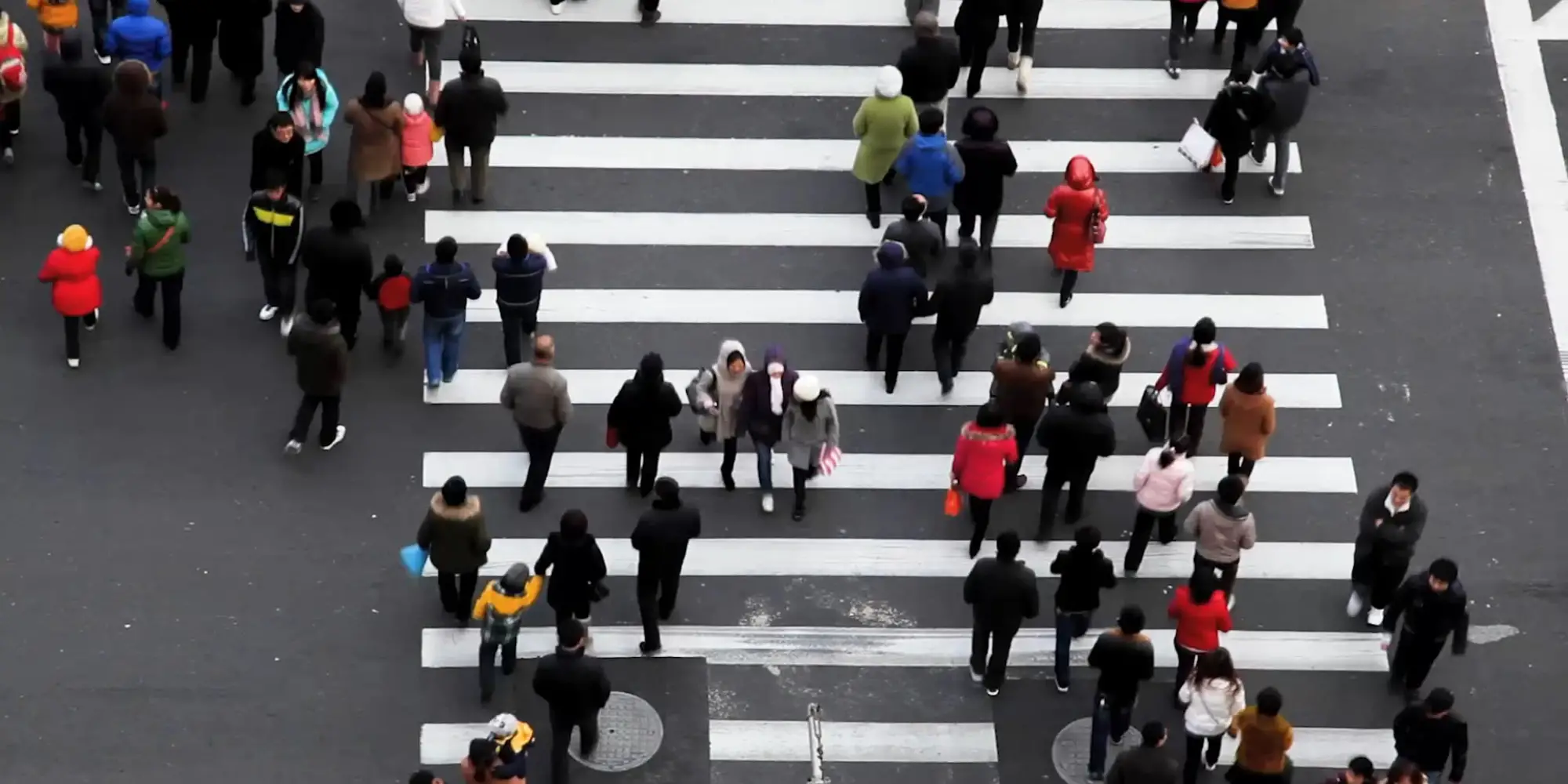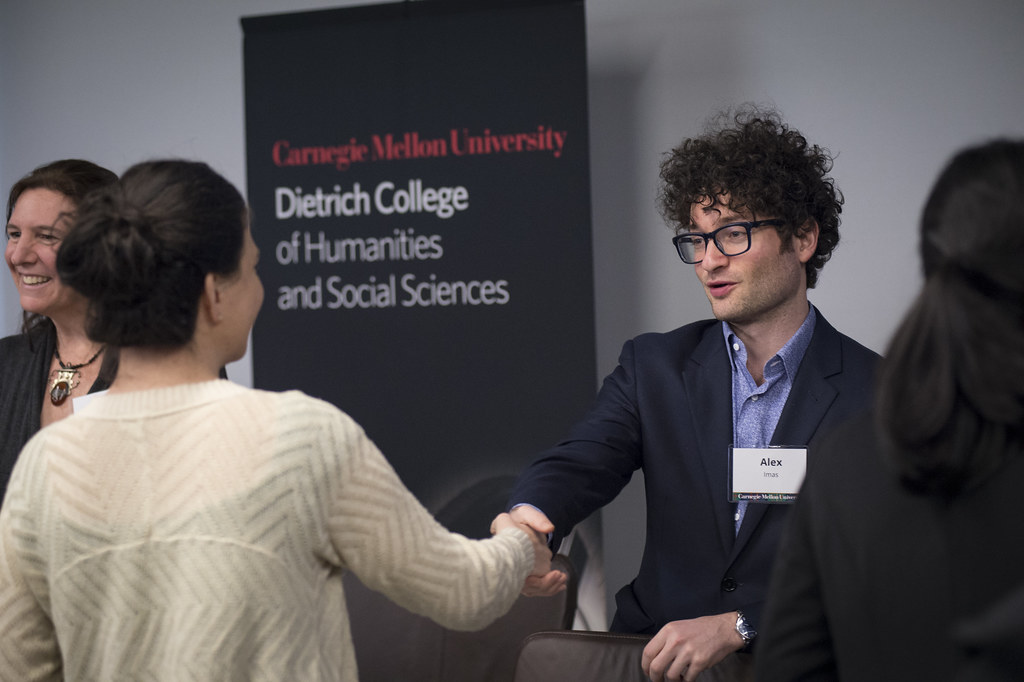Improving society one decision at a time

CMU Researchers' Distinctive Take on Behavioral Economics Improves Decision-Making
Behavioral Economics in :30
The world is full of complicated and costly problems, ranging from rising health care costs to "fake news." Again and again, we seem to make decisions that sometimes cause more harm than good.
At Carnegie Mellon University, behavioral economists tackle these problems using a distinct fusion of economics and psychology. They work to understand why we eat unhealthy food, pay women less than men and avoid — or choose not to believe — certain information. They design and test multifaceted interventions to change the way we make decisions, alter the way organizations operate and influence how policies are implemented. And it works.
CMU behavioral economists have designed simplified health insurance plans(opens in new window) to save people time and money. They have partnered with the IRS to redesign tax credit communication strategies(opens in new window) that could help nearly seven million disadvantaged Americans claim $7 billion in benefits. Their work has helped women learn how to negotiate. And they have created interactive tools for teenagers(opens in new window) that have prevented sexually transmitted infections and reduced unwanted pregnancies.
Technology, social media and big data are also changing the landscape, and CMU researchers — led by George Loewenstein(opens in new window) — are challenging the traditional economic accounts of how people deal with information(opens in new window).
Beginning with Herbert Simon(opens in new window) and continuing with Loewenstein, Carnegie Mellon has been a pioneer in behavioral economics. CMU's all-star cast of experts, including Linda Babcock(opens in new window), Saurabh Bhargava(opens in new window), Julie Downs(opens in new window), and others, is leading and moving the field beyond nudges so that people make better decisions and society as a whole benefits. They're doing it by collaborating with different industries and organizations — all while training the next generation of undergraduate and graduate students.
Hear from our experts:
Healthier Living(opens in new window)
Better decisions mean healthier people and more affordable health care for society.

Smarter Investments(opens in new window)
Planning for your future should not be left to chance.

Information Avoidance(opens in new window)
From fake news to climate change, why do people select their own reality?

Stacy Kish, Associate Director, Research Communications, Dietrich College
